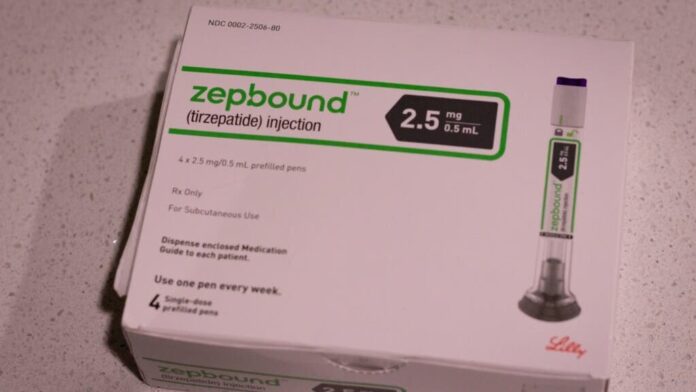Last week, the FDA determined the shortage of Eli Lilly And Co’s LLY tirzepatide injection, a glucagon-like peptide 1 (GLP-1) medication, has been resolved.
The U.S. health regulator reminded compounders of the legal restrictions on making copies of FDA-approved drugs. The update has sparked concern among medical professionals, patients, and drug compounding facilities.
Tirzepatide injection, branded as Mounjaro and Zepbound, has been in shortage since 2022 due to increased demand, allowing compounding pharmacies and outsourcing facilities to produce the drug and meet patient demand.
The compounding groups Outsourcing Facilities Association and FarmaKeio Custom Compounding have filed a complaint alleging that removing the drug from the shortage list is based solely on the manufacturer’s production capabilities.
The FDA’s decision to withdraw the drug without prior notice or public consultation has been criticized for depriving patients of essential care, potentially driving up drug prices, and favoring special interests.
Drug compounding is a legal process under the Federal Food, Drug, and Cosmetic Act (FDCA), allowing tailored treatments for patients, especially when a medication is in short supply.
Critics argue that this move disregards evidence of continued supply disruptions. While the FDA acknowledged ongoing “intermittent localized supply disruptions,” the agency proceeded with its decision, which was described as arbitrary and violated established procedures.
The FDA’s failure to follow the Administrative Procedure Act (APA) has also drawn attention. The APA mandates that agencies provide notice, solicit comments, and address concerns transparently when implementing substantive rules that affect legal rights and duties.
In this instance, the FDA bypassed these steps, posting the decision on its website without a proper public rulemaking process.
Truist’s consumer survey reveals that approximately 10% of consumers currently use compounded GLP-1 medications, while 14% are on branded versions.
Provider of compounded drugs, Hims & Hers Health Inc HIMS asserts that demand for its weight loss service could remain strong, even after supply shortages ease, as long as the company operates within compounding regulations and respects branded drug patents.
Read Next:
Photo by Ciara Kimsey via Shutterstock
This content was partially produced with the help of AI tools and was reviewed and published by Benzinga editors.
Market News and Data brought to you by Benzinga APIs
© 2024 Benzinga.com. Benzinga does not provide investment advice. All rights reserved.





